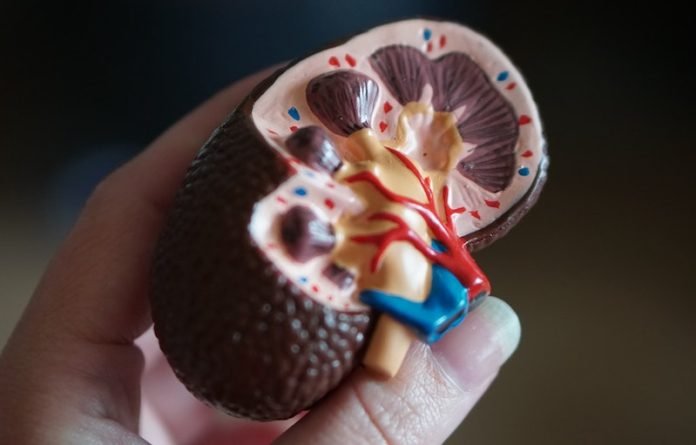
In a study from the University of Galway, scientists reported promising results from a new cell therapy trial for people living with diabetes.
This study is taking the first steps to investigate the value of a novel cell therapy for adults who have type 2 diabetes and worsening kidney disease, despite the best medical treatment.
It showed that a single dose of ORBCEL-M, given intravenously to carefully selected adults with worsening kidney disease due to diabetes was safe and associated with better preservation of kidney function compared to a placebo.
Nearly a quarter of a million people in Ireland are living with diabetes and we know that more than 40% of them have evidence of kidney disease—often referred to as diabetic kidney disease or DKD for short.
In type 2 diabetes, as many as one-third of those with DKD have worsening kidney function despite the best medical therapy we can offer.
These people are at high risk for requiring dialysis or kidney transplantation in the years ahead—both of which are complex treatments with potentially serious complications.
In the study, diabetic patients taking part in the trial were followed closely for 18 months after receiving the therapy.
The team says their goal was to resolve systemic inflammation and improve kidney function so that patients will not require dialysis or a kidney transplant.
They are encouraged by the safety profile and the preliminary efficacy signals in patients.
They look forward to continuing to advance this new medicine through Phase 3 efficacy trials and market approval.
If you care about diabetes, please read studies about the real cause of inflammation in type 2 diabetes, and green tea and coffee linked to lower death risk in people with diabetes.
For more information about diabetes, please see recent studies that diabetes drug metformin could help reverse liver inflammation, and results showing cinnamon helps control blood sugar in people with prediabetes.
The study was conducted by Professor Matt Griffin et al and presented at the American Society of Nephrology’s Kidney Week meeting.
Copyright © 2022 Knowridge Science Report. All rights reserved.


